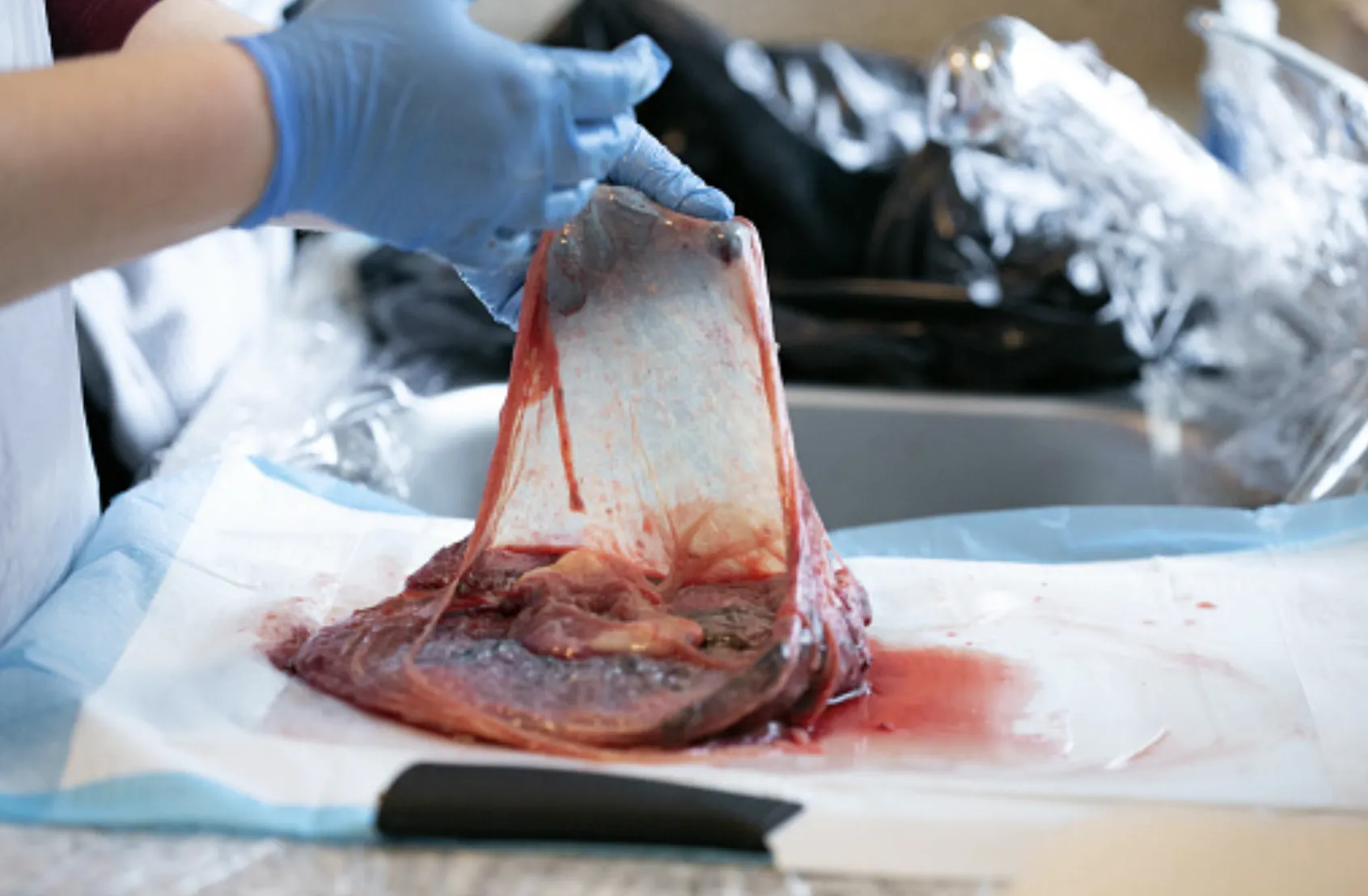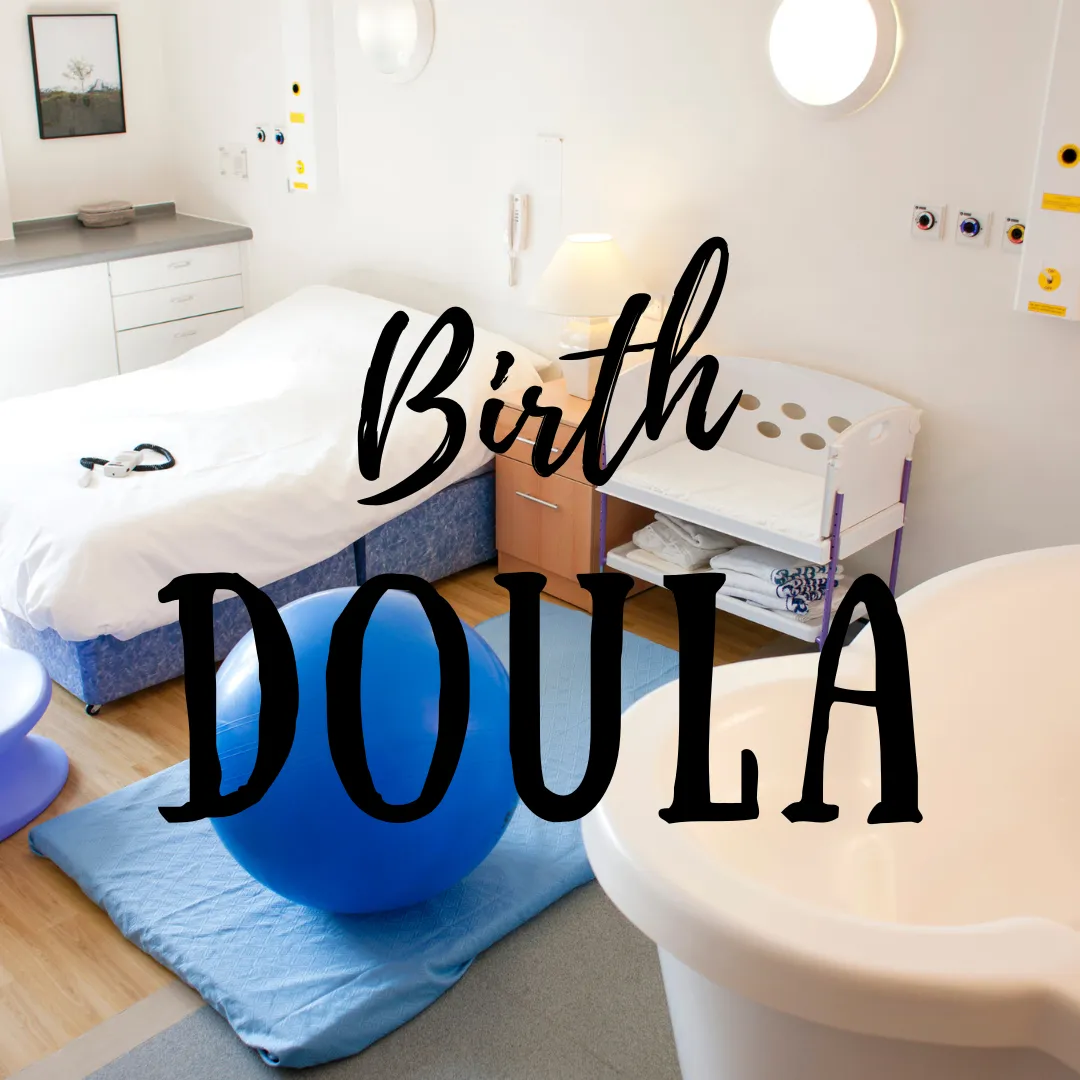What is a Fertility Doula?

The journey to parenthood can be both exciting and overwhelming, especially for couples struggling with fertility issues. In such cases, the support of a fertility doula can make a significant difference. In this blog post, we will explore what a fertility doula is, the scope of their practice, the ways in which they can help, the limitations of their role, and who can benefit from their services.
What is a Fertility Doula?
A fertility doula, also known as a fertility coach or fertility support specialist, is a trained professional who provides emotional, educational, and practical support to individuals and couples trying to conceive. They offer guidance and companionship during the fertility journey, aiming to empower and support their clients emotionally and physically.
Scope of Practice for Fertility Doulas:
The scope of practice for fertility doulas may vary depending on their specific training and certifications. However, some common areas of support and assistance provided by fertility doulas include:
Emotional Support: Fertility doulas offer a safe space for individuals and couples to express their emotions, providing compassionate support throughout the ups and downs of the fertility process.
Education and Resources: Fertility doulas provide evidence-based information about fertility treatments, reproductive health, and alternative therapies. They help individuals and couples understand their options and make informed decisions.
Lifestyle and Nutritional Guidance: Fertility doulas may offer recommendations on lifestyle changes, such as diet and exercise, that can positively impact fertility. They can also suggest complementary therapies, such as acupuncture or herbal remedies, that may support fertility health.
Communication with Medical Professionals: Fertility doulas can help clients navigate the complexities of communicating with medical professionals, ensuring that their concerns and questions are addressed effectively.
How Fertility Doulas Can Help:
Fertility doulas provide invaluable support throughout the fertility journey. Some of the ways in which they can assist include:
Emotional Holding Space: Fertility doulas offer a non-judgmental and supportive environment where clients can express their fears, frustrations, and hopes.
Collaborative Decision-Making: Fertility doulas work alongside individuals and couples to help them understand their treatment options, empowering them to make decisions aligned with their personal values and goals.
Personalized Support: Fertility doulas tailor their support to the unique needs of each client, providing individualized care and guidance.
Limitations of a Fertility Doula's Role:
While fertility doulas play a crucial role in supporting individuals and couples on their fertility journey, it is important to note that they are not medical professionals. Fertility doulas do not provide medical advice, perform medical procedures, or diagnose medical conditions. Instead, they complement the services provided by healthcare providers, working collaboratively to offer holistic support.
Who Can Benefit from a Fertility Doula?
Fertility doulas can be beneficial for anyone navigating the complexities of fertility treatments, regardless of age, gender, sexual orientation, or specific fertility challenges. They can provide support to individuals and couples undergoing assisted reproductive technologies (ART), fertility preservation, surrogacy, adoption, or those trying to conceive naturally.
Conclusion:
Fertility doulas offer much-needed support, guidance, and understanding to individuals and couples facing fertility challenges. By providing emotional support, education, and personalized care, they empower clients to make informed decisions and navigate the fertility journey with confidence. While they cannot replace medical professionals, fertility doulas complement the healthcare system by providing holistic support during this deeply personal and emotional time.
References:
1. American Society for Reproductive Medicine. (2015). Fertility and Sterility: Definitions of infertility and recurrent pregnancy loss. Retrieved from https://www.fertstert.org/article/S0015-0282(15)00362-1/fulltext
2. Chandra, A., Copen, C. E., & Stephen, E. H. (2013). Infertility service use in the United States: data from the National Survey of Family Growth, 1982-2010. National health statistics reports, (67), 1-21. Retrieved from https://www.cdc.gov/nchs/data/nhsr/nhsr067.pdf
- Donnelly, K., & Kavanaugh, K. (2016). The role of the fertility doula: An integrative review. Journal of Obstetric, Gynecologic & Neonatal Nursing, 45(6), 819-828. doi:10.1016/j.jogn.2016.05.008
4. International Doula Institute. (n.d.). Fertility doula services. Retrieved from https://internationaldoulainstitute.com/fertility-doula/
- Postilnik, S. (2019). The fertility doula: Emotional and practical support for assisted reproductive technology patients. Fertility and Sterility, 112(3), e183. doi:10.1016/j.fertnstert.2019.07.411
Disclaimer: The information provided on this website regarding medical, health, fitness, and legal matters is solely intended for educational purposes. Coexist Doulas, LLC cannot guarantee the accuracy, completeness, or reliability of this information. Therefore, reliance on any information provided on this site is at your own risk. By participating in the use of our online web platform you acknowledge you have read and agree with out disclaimer and other related links located in the web platform footer.



